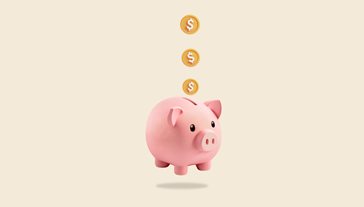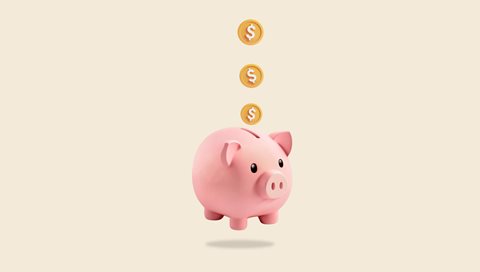Four handy things to know about paying yourself super:
If you’re earning extra income from your side hustle, paying yourself super is something you might want to think about. This may not seem important right now – but putting a little extra aside for your future self in your super fund, could make a difference in the long run. To help, here’s four tips to get you thinking about super and being self-employed.
1. It may mean you pay less tax this year
Good news, you may be eligible for a tax deduction if you pay yourself super. As a self-employed business owner, you might be able to claim tax back for the ‘concessional contributions’ you make to your own super from your before-tax income. There is a limit on how much you can contribute before incurring extra tax, so make sure you check the contribution caps.
2. …And next year
Depending on your existing super balance, you may be able to bring forward any unused portion of your concessional contributions cap to reduce your tax in the next financial year (see the point above). And as you earn more, you may be able to pay extra contributions to your super to grow it faster. Before making extra contributions though, it’s worth considering things like how much debt you have, plus other financial commitments, including any super contributions for any employees if you own a business that hires them.
3. Get insurance cover through your super
Have you thought about what would happen if you were injured or became ill? It may be worth considering what insurance covers you have. For example, you may already have Death, Total & Permanent Disability (TPD) and Income Protection cover through your super. It is worth giving your super fund a call to check.
Learn about insurance options with Rest.
4. The Government could give you a boost
An Australian Government initiative supports low and middle-income earners to boost their super contributions. You’ll need to meet some eligibility criteria and prove your income, so it’s a good idea to look into this when you’re first starting out. For example: if your yearly income is less than $62,488 before tax, and you meet the criteria, the Government will put in 50 cents (up to $500 a year) for every $1 you add to your super from your after-tax income.*
*The maximum $500 co-contribution per financial year applies when an eligible member makes an after-tax contribution of $1,000. The amount of the government co-contribution reduces by 3.333 cents for every dollar you earn above the FY 2025-26 lower income threshold of $47,488 per year, until you reach the higher income threshold of $62,488 per year, after which you will not be eligible to receive the government co-contribution.






